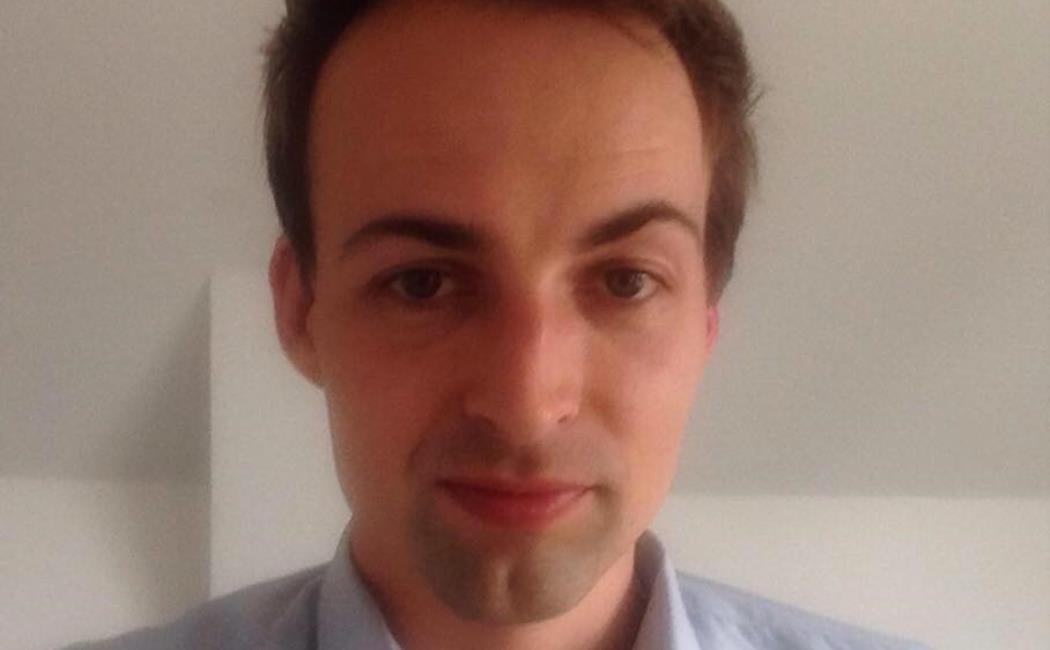




PRESENTER: Assoc. Prof. Philip Thomsen
TITLE: Next-generation biodiversity research using environmental DNA
DATE: Sep 18, Tuesday
TIME: 3 pm – 4 pm
LOCATION: Auditorium (level 0) between Buildings 2 & 3
BIO: Philip Francis Thomsen is Associate Professor at Department of Bioscience, University of Aarhus, Denmark. His research is mainly focused on the applications of DNA from environmental samples (eDNA) in both freshwater and marine environments for addressing fundamental research questions in ecology and conservation along with applied aspects of monitoring and management of aquatic resources.
ABSTRACT: Aquatic ecosystems across the globe are under significant threat, suffering from various forms of anthropogenic disturbances, which are greatly impacting global biodiversity. At the same time, the majority of life on Earth is still un-described to science. Reliable monitoring of biodiversity is crucial for data-driven conservation actions, but remains a challenge due to non-standardized and selective methods that depend on practical and taxonomic expertise, which is declining. Aquatic environmental DNA (eDNA) – DNA obtained directly from water – has become a rapidly growing research field within the last decade and proven a successful avenue for biodiversity monitoring, encompassing analyses of single species, population genetics and communities from mass sequencing data. The aquatic eDNA may thus be an appropriate candidate for the conservation challenge, since it is cost-efficient and non-invasive. Furthermore, eDNA analyses may provide a better understanding of the unknown biodiversity. The rapid advance in DNA sequencing technology has revolutionized the use of eDNA and opened new frontiers in ecology, conservation and environmental sciences. In this talk, I will give an overview of the achievements of aquatic eDNA research, especially for macro-organisms in marine environments, and address the challenges and perspectives of eDNA for fundamental and applied research.